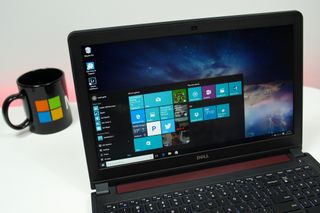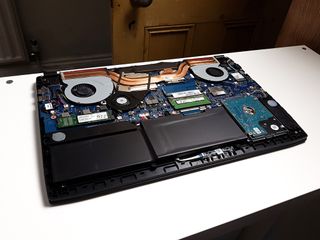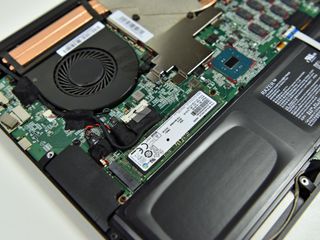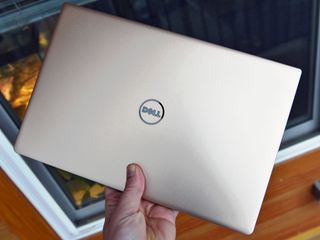How to save your money buying a refurbished laptop
You could save a bundle buying a refurbished laptop. But there are some things to consider when you do.

Purchasing a refurbished unit could help you save some serious money over buying a brand new laptop. There are good things and bad things about this option — the cost benefits are offset by the fact that you're not getting a new laptop.
You might not get the latest model, the history of your particular laptop isn't totally known and you may not get as long or comprehensive of a warranty (if you get one at all).
Nowadays there are a lot of places to buy refurbished tech, often even directly from the manufacturers themselves. I bought a refurbished laptop from the Dell Outlet, and couldn't be happier with it, so there's definitely a lot of good in considering it.
Refurbished or used?

Laptops for refurbishment can come from any number of places, not all necessarily faulty units that were returned. A customer who returned a new laptop because they didn't want it anymore, for example, would have to be sold on as a refurbished unit.
To be certified as refurbished by a manufacturer or third-party, a laptop will have to undergo a number of stages as outlined by Laptop Mag:
Regardless of its route to the laptop spa, manufacturers or third-party authorized refurbishers typically sanitize, sort and grade the units based on physical look and functionality. They disassemble each one, checking for damaged components, battery function, screen quality, power supply, loose connections, hard drive and optical drive. If a seller does not follow a process like this, the product isn't really refurbished; it's used.
A used laptop will just come as ended whatever its previous life was. A refurb will have the major components checked and faulty ones replaced. It'll also have a clean install of the operating system on it, as Microsoft allows licensed refurbishers to put a new Windows license on the machine.
Where to buy a refurbished laptop

There are a number of places to purchase a refurbished laptop, including the original manufacturer. I mentioned already the Dell Outlet, and if you're looking to buy from Dell this is a great place to start. From the company's UK Outlet store I saved £300 on the base price of an Inspiron 15 7559 for a laptop that looked, to my eyes anyway, as good as new.
Get the Windows Central Newsletter
All the latest news, reviews, and guides for Windows and Xbox diehards.
Besides manufacturers, Amazon is another great place to shop; it has a dedicated section for certified refurbished technology. Generally, speaking if you're buying from a big name you should be OK.
Again, from Laptop Mag:
Amazon's Certified Refurbished laptops are tested by qualified manufacturers or third-party refurbishers like PCRR so they look and work like new. They come with a minimum 90-day limited warranty.
You take a little more risk buying from sources you're less familiar with, but there are lots of good ones out there. eBay is still one of the best places to find refurbished hardware, for example. It's important when you're buying to check the small print, see what warranty you get and what the returns policy is.
You should always look to get some warranty when buying refurbished hardware, and at the bare minimum, you want a year. If it's less than that or there's no warranty at all, walk away. Dell Outlet, for instance, offers a full one-year warranty on all hardware it sells.
Trade-offs

The trade-offs with buying refurbished are that you're never usually going to get the latest and greatest model. And with that you lose out on any improvements to overall performance and battery life, for one. Newer versions are almost always better, but if you're making a good saving it might be a tradeoff you're willing to make.
You may also have to put up with a lesser warranty, and in some cases, visual defects on the laptop such as small scratches or chips to the body.
As good as refurbished laptops can be, it's important to remember that they're not new, no matter how much has been done to them. You have to balance the savings you're making against the individual product you're buying.
Your tips
If you've spent your own money on a refurbished laptop before and have some words of wisdom to share, be sure to drop them into the comments below!

Richard Devine is a Managing Editor at Windows Central with over a decade of experience. A former Project Manager and long-term tech addict, he joined Mobile Nations in 2011 and has been found on Android Central and iMore as well as Windows Central. Currently, you'll find him steering the site's coverage of all manner of PC hardware and reviews. Find him on Mastodon at mstdn.social/@richdevine
